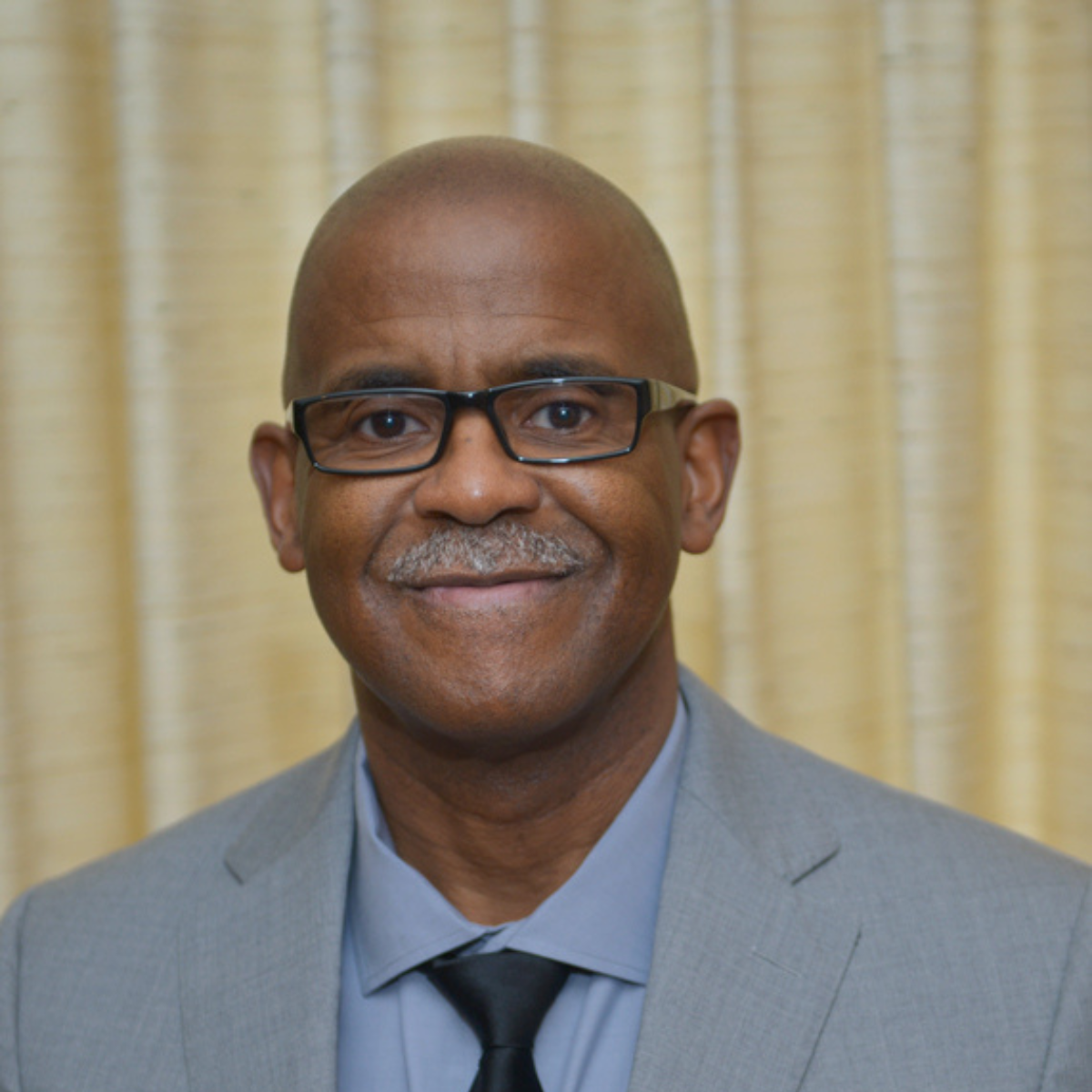Commentary on Luke 5:1-11
In 2006, pastor and professor Marvin McMickle examined the sad state and the lamentable landscape of preachers in the United States. He saw preachers who had become parochial promoters of culture wars, passive, acquiescent backers of political parties, performers of vacuous praise and worship demonstrations, and proclaimers of a prosperity gospel (or of what is actually a perversion of the gospel because such proclaimers assume that the cause of poverty lies in personal ineptitude or group pathology, not in structural inequities). So, McMickle raised the question, “Where have all the prophets gone?”1
Anyone who extends the scope of the landscape beyond preachers to leaders in general today might raise a similar question: “Where have all the true leaders gone?” God knows we need some true leaders today—not the narcissistic occupants of offices who seek to line their own pockets with the public’s wealth, not the intemperate officeholders who use their positions to embark on revenge tours, and not the uninformed politicians who take little stock in facts and often issue baseless ex cathedra pronouncements. So, where have all the true leaders gone or why do we not see true leaders emerging today?
If we look carefully enough, I suspect we may find the answer in Luke 5:1–11 or in Luke’s “great catch” episode. I mean here, though, not the massive haul of fish that Simon and his fishing partners brought to Lake Gennesaret’s shore but instead Jesus’ own “great catch,” or his ability to gather and grow leaders.
In the flow of the story from 5:1 on, the “great catch” focus is not so much on fish but on followers—or, better yet, on the church’s future leaders (Simon, James and John, Mary of Magdala, Joanna, and other ministering women [8:1–3]), on leaders we will see again. We will see Mary and Joanna again at the tomb. We will hear about James and John again in Jairus’s house, at the Transfiguration, and in Acts. Importantly, we will hear about Simon again—at the Transfiguration, in one of Jesus’ post-resurrection appearances, and in the book of Acts. Though few, and frail and fragile at first, these followers, this “great catch” of followers, will prove to be a formidable force in the coming years.
Still, the great catch would never have happened if Jesus had not helped these potential leaders to overcome their perceived personal impediments, the things that had them stuck on the sidelines. So in Luke 5:1–11, we may well see why true leaders may not be emerging in our own times. We may discover the impediments that have caused some potential leaders to be stuck on the sidelines away from the busy traffic of life.
First, some potential leaders are stuck on the sidelines because they are wrestling with past failures. The crew and partners of Simon had fished all night but had caught nothing. Maybe they would fish another day, but not right now. Gradually, though, Jesus gets the fishermen to redirect their sight away from the shoreline to the sea (by putting out a little at first and then by putting out into the deep). He thus helps them to push through past failures with new success in the present.
Stuck in reverse, many potential leaders today can’t move forward. Reluctant leaders must learn, though, to redirect their sight by shifting the spotlight away from the shoreline to the sea—from old failures to new success.
Raised in the cottonfields of South Carolina, can you push past a promised down payment of five dollars with money you do not have and yet start an institution of higher learning on a dump heap? If so, you can have the success of a Mary McCleod Bethune.
Hit by a heart attack, can you push past legislative deadlock to form a Great Society that will offer Medicare for the aged, a HeadStart program for the young, and Civil Rights legislation for those poor Black women and men whose citizenship rights had been shoved to the side by disqualifying codes and dilutive electoral politics? If so, you can have the success of a Lyndon Baines Johnson.
Second, some potential leaders are stuck on the sidelines because they are wrestling with their present foibles. Still, when Simon said, “I am a sinner,” Jesus did not cast his sight elsewhere. Jesus was not looking for perfect people—just committed ones. And whatever would become of Simon’s future as a healer (Luke 9:1–6; Acts 3:1–10; 9:32–35), he first had to begin with the self-recognition that he was a sinner.
Potential leaders must not be stymied by sins—by present foibles. Self-recognition of our own wounds is the formative idea in Dutch priest Henri Nouwen’s famous book, The Wounded Healer. Self-recognition also lies at the heart of the refrain “It’s me, It’s me, It’s me, O Lord” in the Black spiritual, “Standing in the Need of Prayer.” Potential leaders do not have to be perfect—just committed.
Third, some potential leaders are stuck on the sidelines because they are struggling with their future fears. Away from the fishermen’s past failures and present foibles, Jesus shifts the focus to the future by using a formula that offers assurance to persons on the eve of a great transformation. Thus, beyond saying “Fear not,” Jesus says, “From now on you will be catching people” (5:10), which gives his would-be followers a glimpse of their future despite their fears.
That anti-fear plus “this is your future” formula, though, harks back both to the early chapters of Luke (1:13, 30–31; 2:10–12) and to the Hebrew Bible (for example, Genesis 15:1; 21:17–18; 26:24; Exodus 14:13–14; Isaiah 41:10). From Abram (Abraham) and Hagar and—by way of Jesus—on to any potential leader who is standing on the sidelines today, this is our assurance and reclamation: The one who calls us also controls our future.
Notes
- Marvin A. McMickle, Where Have All the Prophets Gone?: Reclaiming Prophetic Preaching in America (Cleveland, OH: The Pilgrim Press, 2006), vii.


February 9, 2025